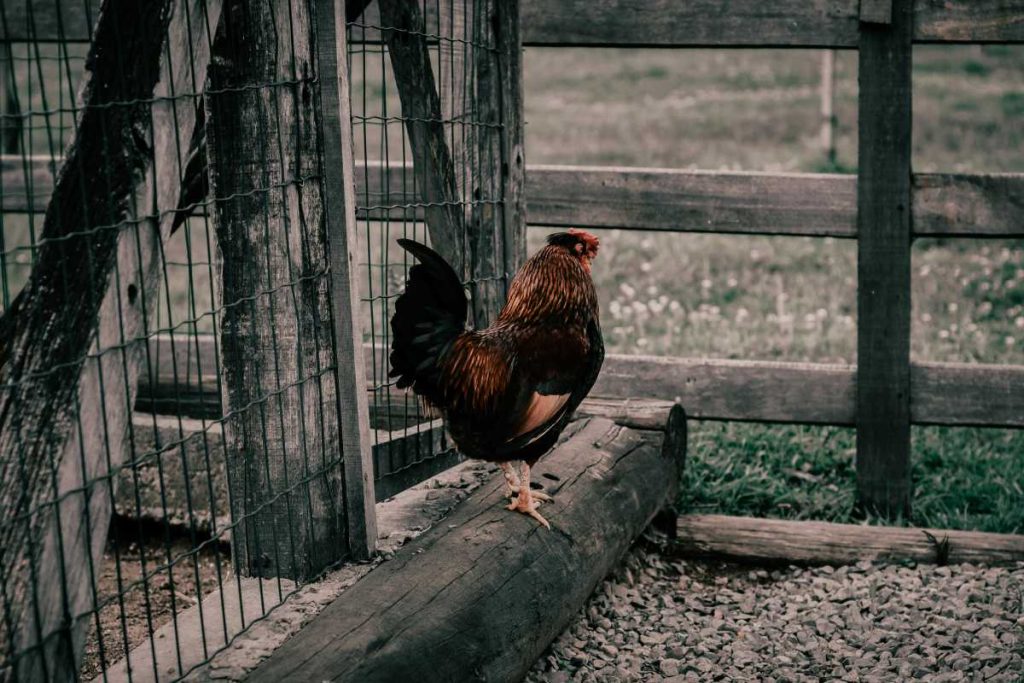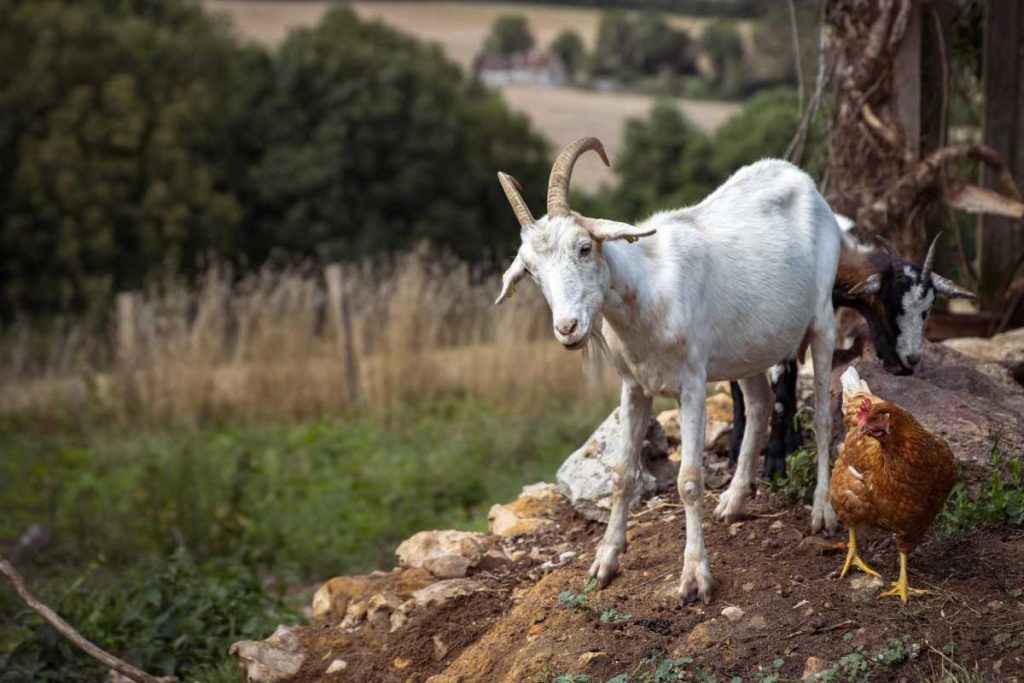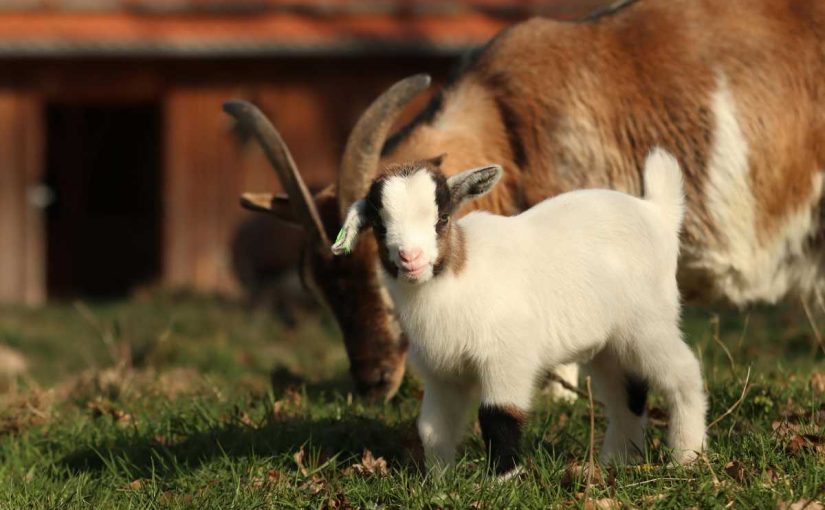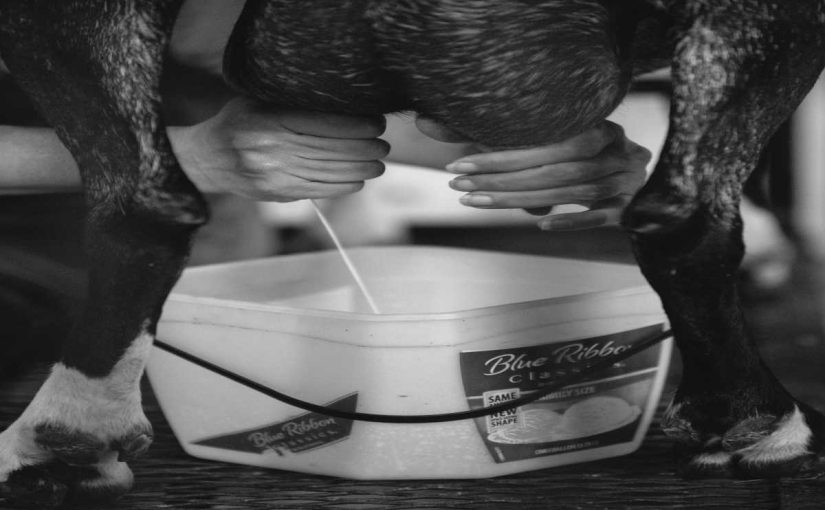Goats are social animals, and they thrive best when they have company. While keeping goats alone can lead to stress and behavioral issues, introducing compatible animal species to their environment can help provide the companionship they need. Not only can cohabitating with other animals reduce loneliness, but it can also offer a dynamic and engaging farming experience. However, it’s essential to understand which species are best suited to live with goats in a shared space, as the wrong companions can lead to conflicts or stress.
In this blog, we will explore the top 5 species that are most compatible with goats, highlighting the benefits and considerations of keeping them together. By choosing the right animals, you can create a peaceful, productive, and enriching environment for your goats while fostering a balanced farm ecosystem.
1. Sheep
Sheep are one of the most common and compatible species to keep with goats. In fact, they are often raised together in farm settings, as they share similar dietary needs and living conditions.
Why Sheep Are Compatible with Goats:
- Similar Grazing Habits: Goats and sheep both graze on grass, weeds, and other plants, making them excellent companions in terms of foraging. However, goats are more selective grazers, and they may prefer shrubs or woody plants, which can help prevent overgrazing of the same patches of pasture.
- Gentle Nature: Both goats and sheep are social herd animals that enjoy companionship. Sheep are generally calm and docile, making them easy to manage with goats. They also tend to be quiet animals, which helps reduce stress in the shared environment.
- Fewer Disease Risks: Since goats and sheep are susceptible to similar parasites, it is important to monitor their health regularly. However, with proper management, they can live together without the risk of cross-contamination from diseases.
Tips for Keeping Sheep with Goats:
- Ensure that the goats’ and sheep’s diet is balanced. While they share grazing habits, goats are more prone to bloat if they consume too much grass, so be mindful of their forage choices.
- Keep a close eye on health and vaccinations. Both animals can suffer from similar health issues, so it’s important to regularly check for parasites, worms, and any signs of illness.
2. Llamas
Llamas, like goats, are intelligent and social animals that can make great companions for your herd. They are often used as guard animals for livestock but can also be kept as peaceful companions to goats.
Why Llamas Are Compatible with Goats:
- Gentle Guardians: Llamas are naturally protective animals and have a calm and friendly demeanor, making them ideal companions for goats. They often act as protectors of smaller livestock by deterring predators like coyotes, foxes, and dogs.
- Social Creatures: Llamas are very social and enjoy the company of other animals, including goats. They tend to get along with goats because they are non-aggressive, but they do require some space and time to adjust to new companions.
- Minimal Competition: Unlike some other animals, llamas do not compete aggressively with goats for food. They are grazers, but they can also feed on shrubs and bushes, which helps to diversify the grazing pattern and prevent overgrazing.
Tips for Keeping Llamas with Goats:
- Introduce llamas to your goats slowly, as they may take some time to get used to each other.
- Make sure that both animals have adequate space to avoid competition for resources. Although llamas are calm, they still need their own space to roam and graze.
- Regular health checks are important for both llamas and goats to ensure they are free of parasites and other health concerns.

3. Chickens
Chickens are an excellent and practical companion for goats, especially in a farm or homestead setting. They are small, easy to manage, and can help keep your pasture clean.
Why Chickens Are Compatible with Goats:
- Pest Control: Chickens and goats make a great team when it comes to pest control. Goats will graze on grass and weeds, while chickens will peck at insects, ticks, and other pests that may be in the goats’ area. This mutual benefit helps reduce the need for chemical pesticides and herbicides.
- Space Efficiency: Chickens don’t require much space, and when kept with goats, they can share the same shelter or barn. They tend to stay on the ground, while goats enjoy browsing higher areas. This reduces competition for space.
- Fewer Behavioral Issues: Chickens tend to be independent and are generally not a threat to goats. They can live in close quarters with goats without creating tension, as long as both animals have enough space to avoid conflict.
Tips for Keeping Chickens with Goats:
- Make sure the chickens have a separate area to roost and lay eggs, as goats may accidentally trample over them. Chickens need a place to be elevated at night for safety from predators.
- Keep the goats’ food separate from the chickens’ food. Goats are herbivores, while chickens are omnivores, so their dietary needs differ.
- Ensure proper sanitation and waste management, as chickens’ droppings can attract pests if left unchecked.
4. Donkeys
Donkeys are another great species to keep with goats, and they can provide similar benefits to llamas. Donkeys are known for their calm demeanor and protective instincts.
Why Donkeys Are Compatible with Goats:
- Protection: Donkeys are often used as guard animals for smaller livestock, including goats. Their loud braying can deter predators, and their strong protective nature ensures that goats stay safe from threats.
- Friendly and Social: Donkeys are social animals and typically get along well with goats, especially if they have been raised together. Donkeys enjoy the companionship of other animals and can form strong bonds with goats.
- Low Maintenance: Donkeys require relatively low maintenance compared to other livestock. They can be kept in similar conditions to goats and can live on the same pasture without issues.
Tips for Keeping Donkeys with Goats:
- Donkeys are territorial animals, so it’s important to introduce them to your goats slowly and carefully to prevent any territorial aggression.
- Make sure that donkeys have enough space to roam, as they need plenty of room to stretch their legs.
- Donkeys require regular hoof care and need to be checked for parasites, just like goats.
5. Rabbits
Rabbits are small, quiet, and gentle animals that can be easily kept with goats, especially in larger farm settings. They provide no competition for grazing space and can contribute to a healthy, sustainable farm ecosystem.
Why Rabbits Are Compatible with Goats:
- Minimal Space Requirements: Rabbits are small and require very little space. They can live in hutches or small pens, which makes them ideal for sharing an area with goats.
- Low Maintenance: Like chickens, rabbits require very little care in comparison to larger animals. They are easy to feed and can help control some pests by eating weeds, though they won’t graze the pasture like goats.
- Quiet and Peaceful: Rabbits are quiet animals, which means they won’t disturb the goats. They don’t require much attention, and they won’t cause stress to the goats.
Tips for Keeping Rabbits with Goats:
- Ensure that rabbits have a secure, enclosed space to prevent them from being stepped on or accidentally hurt by the goats.
- Provide hay, vegetables, and fresh water to the rabbits, and ensure that they have a space to retreat if they need quiet time away from the goats.
- Monitor both species for signs of stress or illness.
Conclusion: Creating a Harmonious Multi-Species Environment
Keeping compatible species with goats can enrich your farming experience while providing your goats with the companionship they need. Whether you choose to house sheep, llamas, chickens, donkeys, or rabbits with your goats, it’s important to ensure that their living conditions are well-managed, and their needs are met. By following the tips and guidelines mentioned in this blog, you can create a harmonious, productive, and sustainable environment for all the animals on your farm.
With careful planning, compatible animals can coexist peacefully, benefiting both the goats and the other species, and contributing to a thriving farm ecosystem.




